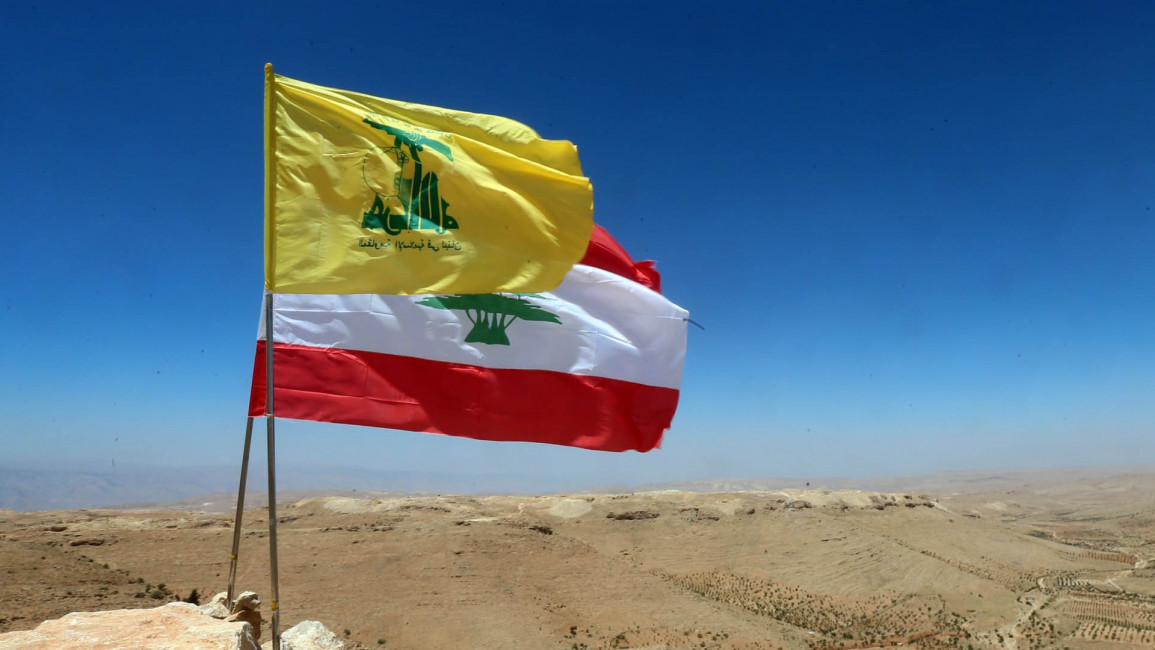Lebanon's economic collapse could threaten Israel's security: Israeli general
Speaking to Haaretz, the head of the Israeli army’s Northern Command Amir Baram said neighbouring Lebanon and group Hezbollah are going through the worst crisis in their history, which could directly impact Israel if they see an internal collapse.
“Economically, Lebanon is probably in its worst situation ever,” Baram said.
“It’s approaching the period of the civil war there in the mid-1970s. Unemployment is running at 40 percent, and about half the population is now below the poverty line. There are reports of people committing suicide because of hunger.”
Lebanon is currently going through its worst economic and financial crisis. A highly indebted government bailed on paying its sovereign debt in March; banks imposed informal capital controls to prevent further drying up of liquidity and foreign currency.
Nationwide protests demanded major reforms from a government that has failed to gain wide domestic or international support while talks for assistance from the International Monetary Fund stalled.
|
||
Read also: IMF is the only way out of Lebanon crisis, insists French foreign minister
The crisis put a strain on resources and threatened fuel supplies, which raised alarm among the country's hospitals that rely on generators and fuel bought at black market rates. Private and public hospitals warned they may not be able to keep up with the surge in infections; private hospitals threatened to shut down, saying accumulated government debt, banking restrictions and a currency crash are making their operations unsustainable.
Despite the crisis being a threat, he urged that Israel should not involve itself in Beirut’s affairs.
“All of that is not directly related to us. If you ask a Lebanese citizen, I doubt that Israel is even 10th on his list of concerns. He is upset by the lack of hope for the future and apparently understands that one of the reasons for this is the comportment of Hezbollah,” Baram said.
“The doubts are also trickling down into the country’s Shia community. Lebanon is in a true Catch-22, under increasingly harsh external sanctions which stem from American measures against Iran and Syria, compounded by the international institutions’ lack of confidence in the Lebanese economy,” he added.
Baram predicted the coming year will be significant for Lebanon and its future security.
“The coming year will be fateful for Lebanon; it could result in the country falling apart, becoming insolvent,” he said.
Baram said Hezbollah, a Shia group based in Lebanon, is also facing challenges to its foundation.
“When its personnel fought on behalf of the Assad regime in Syria, the organisation could claim that it was protecting the Lebanese from the Islamic State, keeping that organisation away from them,” he explained.
“That excuse faded away and most of the Hezbollah fighters returned to Lebanon. The organisation is currently a dominant element in the country’s government. Prime Minister Hassan Diab is a mere puppet who follows [Hassan] Nasrallah’s directives.”
Follow us on Facebook, Twitter and Instagram to stay connected



